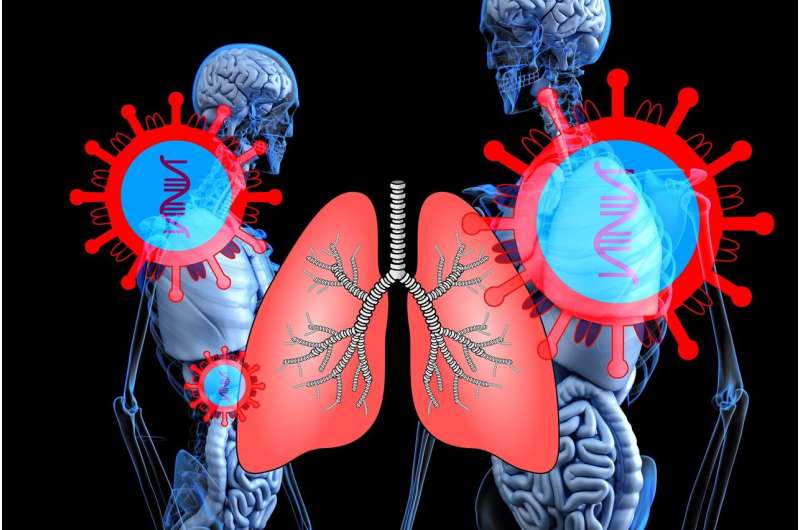Research Finds Shift Work Increases Kidney Stone Risk Through Lifestyle Factors

A groundbreaking study links shift work to a higher risk of kidney stones, showing lifestyle factors like hydration and BMI play a crucial role. Understand how occupational habits impact kidney health.
A recent study published in the Mayo Clinic Proceedings has revealed that individuals involved in shift work face a 15% higher likelihood of developing kidney stones compared to those working regular daytime hours. The research specifically highlights that younger shift workers and those engaged in low manual labor are more susceptible. Critical lifestyle behaviors such as fluid intake, body mass index (BMI), smoking, and sleep patterns play significant roles in mediating this risk.
The study analyzed data from over 220,000 participants in the UK Biobank over a median follow-up period of nearly 14 years. It considered various aspects of shift work—including its type, frequency, and duration—and their association with kidney stone episodes. The findings suggest that irregular work hours, especially night shifts, disrupt circadian rhythms, which in turn can impair metabolic and renal processes vital for maintaining kidney health.
Experts note that shift work’s impact on circadian regulation influences water balance and solute regulation—factors crucial to kidney stone formation. This disruption may partly explain the increased risk observed among shift workers. Interestingly, the study also found that longer durations of shift work were slightly associated with a reduced risk, possibly indicating healthier worker effects or adaptation over time.
Kidney stones are a prevalent and preventable condition affecting 1% to 13% worldwide. They are linked to other serious health issues, including cardiovascular disease and chronic kidney disease. Formation of these stones is influenced by genetic and lifestyle factors like diet, physical activity, BMI, and hydration habits.
According to Dr. Felix Knauf from Mayo Clinic, the severity of kidney stone symptoms can range from silent development to intense pain requiring hospitalization. The highest risk was noted among night shift workers, highlighting the importance of addressing sleep and lifestyle habits.
Dr. Yang of Sun Yat-sen University emphasized the need for interventions targeting modifiable risk factors. Workplace health programs encouraging weight management, increased fluid intake, better sleep hygiene, smoking cessation, and reduced sedentary time could mitigate the adverse effects of shift work. Ultimately, supporting healthy lifestyles among shift workers is vital to reducing kidney stone incidence and promoting overall health.
This research underscores the importance of considering occupational factors in kidney stone prevention and advocates for more flexible work schedules to reduce health risks associated with circadian disruption.
Stay Updated with Mia's Feed
Get the latest health & wellness insights delivered straight to your inbox.
Related Articles
Innovative Subcutaneous Electrode Enhances Real-World Epilepsy Monitoring
A new subcutaneous electrode system offers a more accurate, objective method for real-world epilepsy seizure monitoring, transforming long-term management and treatment strategies.
Innovative Immunotherapy Approach Shows Long-Term Benefits in Advanced NSCLC Patients
A groundbreaking viral immunotherapy, CAN-2409, shows significant promise in extending survival for advanced NSCLC patients resistant to standard treatments, highlighting potential for future cancer immunotherapy strategies.
Limited Effectiveness of Emergency Health Messaging on Social Media Platforms
A recent study highlights the limitations of social media in emergency health communication, emphasizing the need for more interactive and multilingual approaches during health crises.



